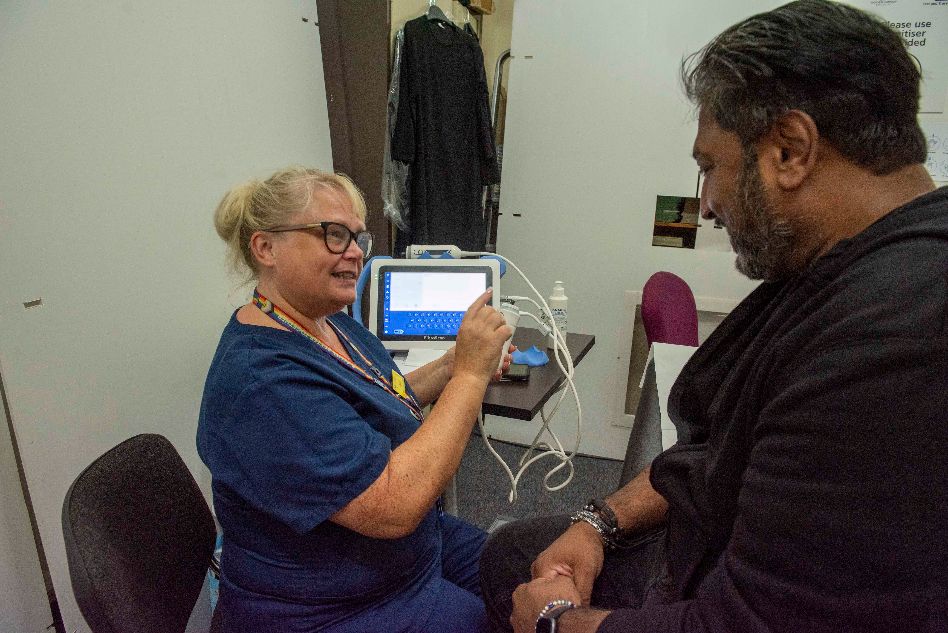Brexit would be difficult for the UK but not “apocalyptic” and Boris Johnson could become a Prime Minster grappling with an economy with a “significantly weakened” pound, a key Birmingham business event was told. And the UK’s renegotiating process could drag on for a decade amid a huge period of uncertainty, a special Greater Birmingham Chambers of Commerce think-tank addressed by top legal and financial experts heard.
Foreign exchange strategist Oliver Harvey of Deutsche Bank said UK trade would be hit and multi-national corporations could turn their back on potential investment plans in the short to mid-term if the June 23 poll results in a leave vote. However, he added that a weakened pound in the event of Brexit could give UK exporters a much needed boost.
He described the outcome of a Brexit as a “down the rabbit hole” scenario – but said the future for the UK would not be “apocalyptic”.
Mr Harvey told guests at the event at Pinsent Masons in Birmingham: “You would see a much, much weaker currency if you get a Brexit. The short-term impact on the UK could be significant, not catastrophic, but the balancing item is a much, much weaker currency.”
“The UK has the largest current account deficit in the developed world, larger than Russia and South Africa. We run a massive current account deficit with the EU – we import more than we export from the EU.
“In the very short term there is a growth impact, further down the line it is more difficult (to predict).”
Earlier Guy Lougher (pictured), head of the EU and Competitive Law Group at Pinsent Masons, raised the prospect of Boris Johnson as PM in the event of Brexit. Back in February the pound suffered the biggest one-day fall in its value for six years in the wake of Boris’s statement of intent.
“There is a real likelihood that if there is a move to leave there would be a change in leadership in Government. If there is a change there would have to be a Eurosceptic in charge of the Conservative party.”
Mr Lougher forecast lengthy uncertainty following a vote to leave. “There are no existing models for non-EU member nations that give the same level of access to the single market that we currently have - without being bound by a significant amount of EU law anyway. We simply don’t know what could be negotiated at this stage and the trade barriers and tariffs that may need to be introduced.
“What we do know is that it will be a lengthy process. The UK Government has to notify the European Council of its intention to leave which will trigger a 2 year negotiation window. When this would be triggered in the event of a “leave” vote on June 23rd is unclear, but based on other recent EU trade deals, achieving the agreements we need to in 2 years would be extremely challenging and unlikely.
“In 2017 there are elections in France and Germany and the suggestion is that political grandstanding would not be conducive to negotiating the terms of an exit.”
He said a vote for Brexit could weaken the EU on the world stage and lead to a more ‘protectionist’ mindset already prevalent in southern states. “If the UK leaves, it might encourage others to think about leaving or renegotiate their terms.
“There is going to be a lot of uncertainty because the renegotiating process could easily take five to 10 years.”
But Mr Harvey added: “Ultimately, if the UK did leave the EU, it would be able to adjust. It is not going to be apocalyptic.”
As part of a Greater Birmingham Chambers of Commerce programme to explain the implications of the EU referendum, a Global Perspectives breakfast event is to be staged on June 8 at the offices of law firm Squire Patton Boggs. Guest speakers will be Andy Clayton, CEO of LNP China, Steve Brittan of BSA Technologies and Diarmuid Ryan, partner specialising in EU and UK competition and state aid law at Squire Patton Boggs. The event starts at 7.30am (for 8am).
















